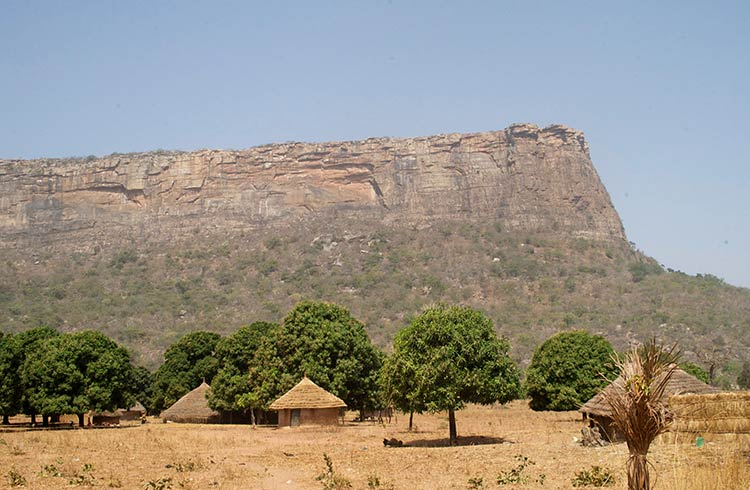Crime Issues in Guinea: How Travelers Can Stay Safe
Guinea can be a scary place to travel in West Africa. From crime to scams, be aware of the risks before you go.
 Photo © Getty Images/Maarten Van De Biezen / EyeEm
Photo © Getty Images/Maarten Van De Biezen / EyeEm
Politics in Guinea
On 16 November 2010, nine days after completion of the second round of presidential elections – the first free and fair elections in Guinea since independence from France in 1958 – Alpha Condé was declared the president of Guinea. Condé, who is a former political science professor at the University of Paris, spent many years in opposition to a succession of corrupt regimes in Guinea.
Critics accuse him of failing to live up to his pre-election promises to uproot corruption, in part because he kept officials of the former regime close to him.
Condé inherited a country with profound human rights and governance problems, including a culture of impunity, weak rule of law, endemic corruption, and crushing poverty. It is unreasonable to expect that in a short period, Condé might remedy so many years of abuse.
Is Guinea safe?
Travelers need to know that Guinea remains an unsafe place to travel. Corruption is rife and crime flourishes here. Although the law protects the rights of citizens, its administration is still in the hands of a weak judiciary and corrupt security forces.
Theft in Guinea
Many of the people robbing travelers of valuables or cash may be wearing police or military uniforms – both imitation and genuine. Corruption is rife throughout Guinea and few visitors escape the demands for a fine or bribe. We don't encourage paying bribes to officials.
After the brutal civil wars in Sierrra Leone and Liberia in the 1990s, the capital, Conakry, witnessed a huge influx of refugees. Added to existing population pressures, this influx has resulted in unemployment and poverty. Assaults, muggings, armed robbery and break-ins, as well as minor theft, are common.
Petty criminals are particularly active in the Madina, Niger and Taouyah markets. Often, children are used by criminals to conduct these crimes.
Where you need to be most alert
Criminals particularly target travelers at the airport, in traditional markets, and near hotels and restaurants frequented by foreigners.
To avoid trouble, never accept unsolicited offers of assistance at the airport and hotels. These offers may be an intention to steal from you.
You should arrange for hotel staff, family members, or business contacts to meet you at the airport to reduce vulnerability to these crimes of opportunity.
Power failures in Guinea
Power failures are frequent throughout the country. They affect water supply and transportation as well as the power supply. In large urban centers, power failures may affect security conditions.
Due to widespread corruption, commercial scams and disputes with local business partners can create legal difficulties for travelers in Guinea. Foreign Embassies have extremely limited resources in assisting their citizens if they become unwitting victims of illegal business deals. So, don't do business in Guinea.
In 2010, trading scams involving diamonds, gold export and gold certification were reported to the U.K Embassy many times. Those accused of criminal offences, including gem smuggling, are subject to local law. Heavy penalties apply for anyone convicted.
Local prison conditions are harsh, and food and water is not supplied on a regular basis. Conakry Central Prison, built in 1958 to receive a maximum of 400 people, today has more than 3,000 prisoners.
Don't break any laws in Guinea, and this won't be a problem for you.
Simple and flexible travel insurance
You can buy at home or while traveling, and claim online from anywhere in the world. With 150+ adventure activities covered and 24/7 emergency assistance.
Get a quote
No Comments